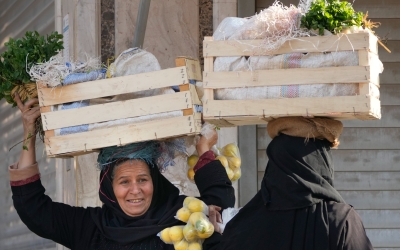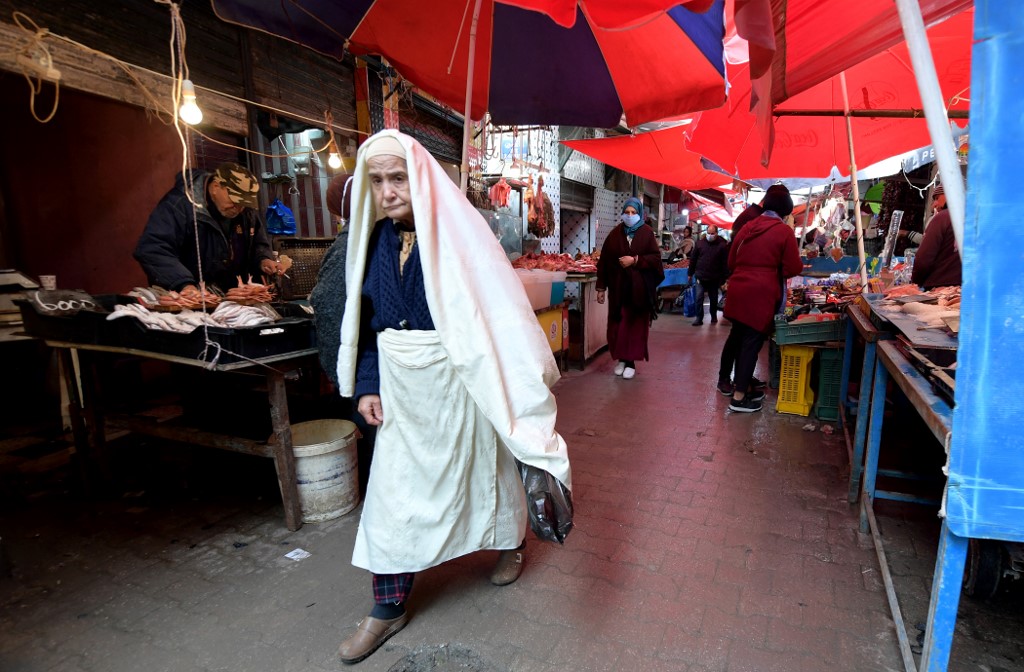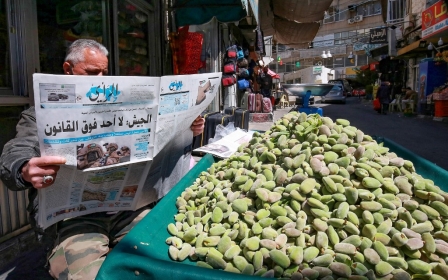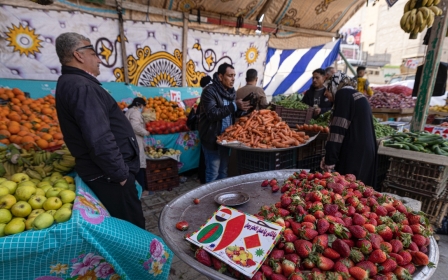The IMF's punitive loan system makes struggling countries poorer. It must end
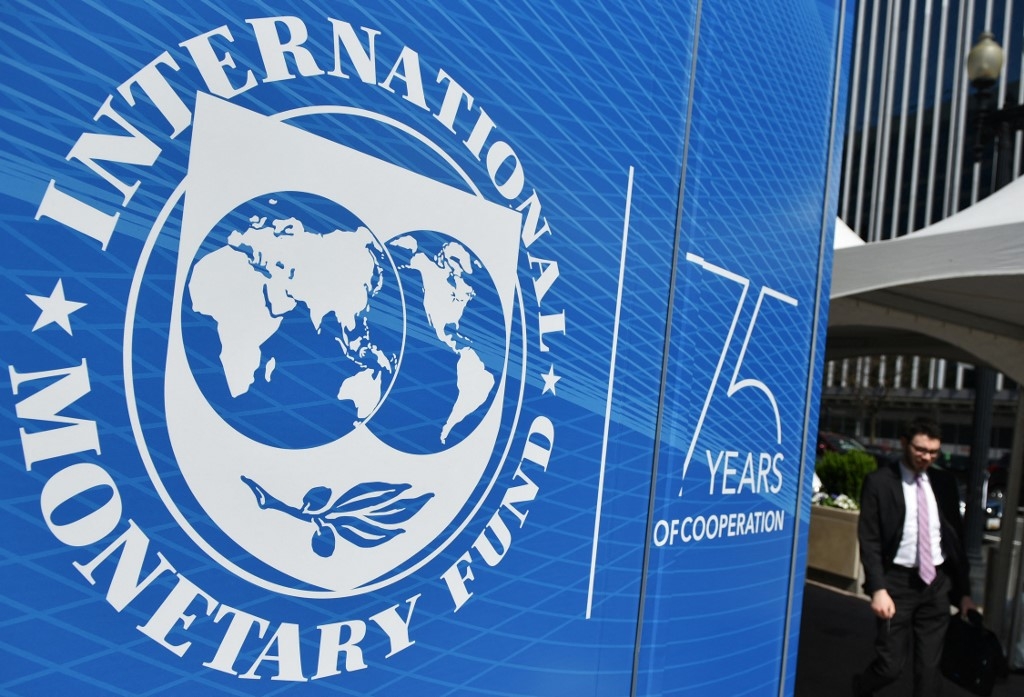
The International Monetary Fund (IMF) imposes punitive additional fees on struggling economies - because they are struggling economies.
In the MENA region, the fund has hiked the loan costs of Tunisia, Egypt, and Jordan, by adding so-called surcharges, putting the countries under increased financial strain. The justification for the policy is invalid and must be called out by European Union states for being discriminatory.
Without additional loan fees, Egypt could pull hundreds of thousands of people out of poverty. The country pays more than $167m in surcharges every year, in addition to its annual debt servicing and loan fees to the IMF. The country is also one of several in the region at serious risk of defaulting.
If the IMF was to end its surcharge policy, the Egyptian government could use those funds to extend its social protection scheme to include more than 688,000 Egyptian families living below the poverty line.
This would lift 2.7 percent of all Egyptian households above the poverty rate, decreasing the number of poor by more than nine percent.
New MEE newsletter: Jerusalem Dispatch
Sign up to get the latest insights and analysis on Israel-Palestine, alongside Turkey Unpacked and other MEE newsletters
Surcharges are additional payments, on top of regular interest payments and other fees. Countries are required to pay them to the fund if they have high levels of IMF debt.
The additional cost is based on the size and length of loans and can more than double countries’ loan costs. Globally, 14 countries are impacted by surcharges, all in severe financial despair. In the MENA region Jordan, Egypt, and Tunisia all face surcharges.
Dire need
According to the IMF, the reason behind the surcharge policy is to increase countries’ motivation to repay their loans. It is also framed as a needed contribution to the IMF’s precautionary balance.
However, given the unfavourable policy conditions that follow the loans (such as deep cuts to social spending), countries are not likely to keep up IMF assistance unless they are in dire need.
Furthermore, such additional income is not needed to ensure the IMF’s precautionary balances: there is currently no need for financial bolstering, as its balances are more than healthy.
Additionally, surcharge income makes up around 0.18 percent of the IMF’s total resources available for lending. Therefore, such income does not impact the fund’s lending power.
And even if the fund was in need of additional financial security, why should it be the most crisis-stricken countries shouldering that responsibility?
The MENA region is very vulnerable to shocks: inequality is rampant, there are little to no universal social safety nets and economies are highly dependent on food imports.
The region has already been rocked by economic crises, Covid-19, and political and armed unrest.
A global debt crisis is forewarned, but the MENA region is already living this crisis: it’s the most indebted region counted by percentage of GDP. And of the three MENA countries impacted by surcharges, two, Egypt and Tunisia, are among the top five in the world at the highest risk of defaulting on their debt.
International human rights law
The region’s vulnerability is also reflected in the large number of loans made with the IMF: 18 agreements were signed with Arab countries between 2010 and 2021, and hence the IMF has an enormous policy imprint on the region.
Surcharges are not just inconvenient additional fees that would be nice to do without. They conflict with human rights law as well as the IMF’s own statutes. The fund’s very first article states that IMF lending cannot be “destructive of national or international prosperity”.
Surcharges also contravene international human rights law dictating that countries should not be discriminated against based on their economic status.
In addition, international financial institutions must not undermine the ability of states to generate, allocate and use their resources to the maximum potential for investment to achieve human rights, as they are required to do under international human rights law, according to article two of the International Covenant on Economic, Social and Cultural Rights.
European member states must wield their leverage to make sure that the IMF evolves to better align with democratic values and human rights
The involvement of EU member states in this debate is crucial. They must demand that the IMF places respect for human rights front and centre in its policy and practice.
In December, the executive board of the IMF discussed the role of the surcharge policy, but rich countries like the United States and Germany ruled against any changes.
European member states must wield their leverage to make sure that the IMF evolves to better align with democratic values and human rights.
The best way of doing this - which is also the lowest-hanging fruit - is to end surcharges.
And their next opportunity to do so is at the IMF spring meeting in Washington, DC, which began meeting this week.
The views expressed in this article belong to the author and do not necessarily reflect the editorial policy of Middle East Eye.
This article is available in French on Middle East Eye French edition.
Middle East Eye delivers independent and unrivalled coverage and analysis of the Middle East, North Africa and beyond. To learn more about republishing this content and the associated fees, please fill out this form. More about MEE can be found here.


